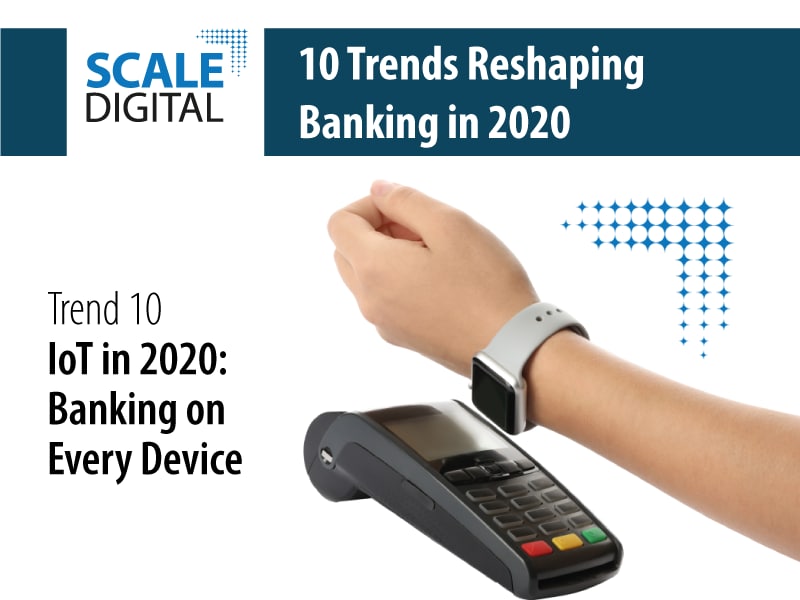Home > Blogs > Smart is not enough; smart cities need smarter banking!
Smart is not enough; smart cities need smarter banking!

The opportunity to re-write history or create history comes very rarely and creating a smart city is one such great opportunity for digitalization.
Smart cities are a global phenomenon and they present an unprecedented opportunity to apply most aspects of smart technologies for the larger good of the society.
The concept of a smart city stems from similar objectives across the world, the stakeholders remain the same too more or less, and the mode of execution is mostly the same as well. However, they will be quite unique to the region they are built in, since they will be built for personalization and convenience of their citizens. An elementary translation of this aspect to technology can be the aspect of micro services – we mostly know why we need micro services, what should be its construct, and we often talk about standardization of services. Each micro service serves a specific purpose.
Smart cities have a templatized construct of a large scale digital platform and we can do a quick mapping of business requirements of a smart city to digital technologies essential for building a real smart city.
Smart cities get the tag of “smart” not once they are ready, but from the very moment their design and conceptualization begins, which involves laying smart infrastructure that is eco-friendly and high-speed data-enabled connected infrastructure through IoT which lends itself to big data analytics to be consumed by government, service providers and of course residents of the smart city.
The basic infrastructure also thrives on smart mobility options which are applied not as an afterthought, and this aspect truly transforms a city into a smart city. Smart mobility encompasses smart, connected and frictionless payment experience to users.
Digital identity plays a pivotal role in creating an experience that harnesses the true potential of a smart city and lends itself for multiple use-cases including that of blockchain-led contracting, to efficiently execute government schemes to elevate socio-economic aspects. It reduces paper work and provides greater convenience with enhanced safety to the city’s residents.
Smart governance will not remain a buzz word but will be a reality through the above mentioned-aspects of smart infrastructure, smart mobility, and digital identity supported by big data analytics, IoT, Blockchain with a natural extension for all of this through AI (artificial intelligence).
Now, where all of this gets even more interesting for banks is in terms of the role they can play.
Banks can come in at three distinct levels:
But the key aspect here is, it is not sufficient for a bank to be “smart” here. It has to go two steps further and get “smarter”, because the success lies in how well banks can adopt and apply themselves.
Here are a few ways for banks to get smarter and not just stay smart:
With banking software platform providers, banks can co-create along with an ecosystem of hardware service providers. Finacle Digital Engagement Hub is one such solution that gives enough ammunition to banks to get smarter for a smart city!
Leave a Reply
One thought on “Smart is not enough; smart cities need smarter banking!”
-
Vishnu, you should post this some where in Govt websites or Citizen forums. Seriously so much thought process would really help in building smart cities and Banks have so much role to play in this. I never knew this. Truly eye opening blog.
Load more comments...


Vishnudatta K
Principal Consultant, Infosys Finacle
More blogs from Vishnudatta K >